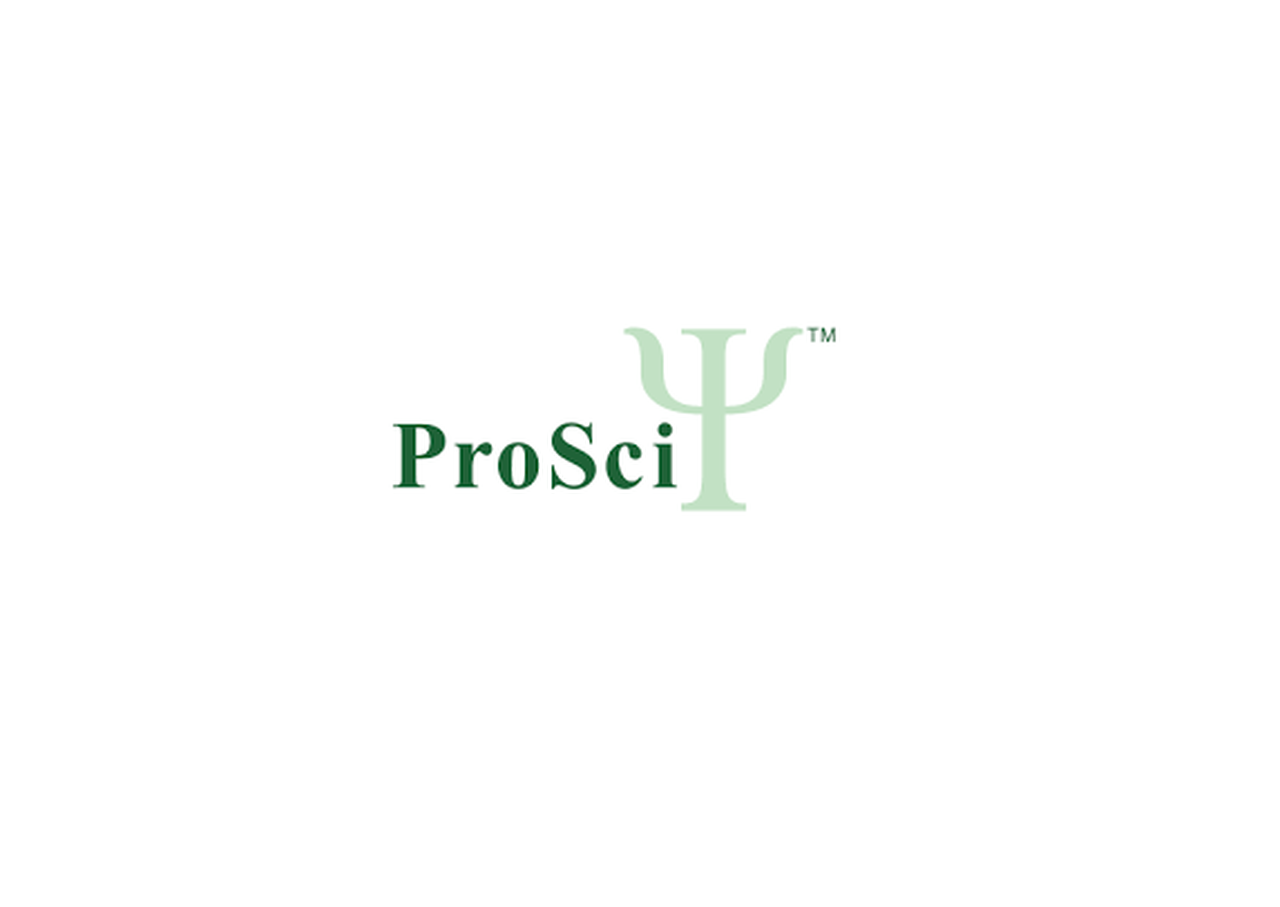Product Description
MCM7 Antibody | 58-402 | ProSci
Host: Rabbit
Reactivity: Human
Homology: N/A
Immunogen: This MCM7 antibody is generated from rabbits immunized with a KLH conjugated synthetic peptide between 290-318 amino acids from the N-terminal region of human MCM7.
Research Area: Other
Tested Application: WB
Application: For WB starting dilution is: 1:1000
Specificiy: N/A
Positive Control 1: N/A
Positive Control 2: N/A
Positive Control 3: N/A
Positive Control 4: N/A
Positive Control 5: N/A
Positive Control 6: N/A
Molecular Weight: 81 kDa
Validation: N/A
Isoform: N/A
Purification: This antibody is purified through a protein A column, followed by peptide affinity purification.
Clonality: Polyclonal
Clone: N/A
Isotype: Rabbit Ig
Conjugate: Unconjugated
Physical State: Liquid
Buffer: Supplied in PBS with 0.09% (W/V) sodium azide.
Concentration: batch dependent
Storage Condition: Store at 4˚C for three months and -20˚C, stable for up to one year. As with all antibodies care should be taken to avoid repeated freeze thaw cycles. Antibodies should not be exposed to prolonged high temperatures.
Alternate Name: DNA replication licensing factor MCM7, CDC47 homolog, P11-MCM3, MCM7, CDC47, MCM2
User Note: Optimal dilutions for each application to be determined by the researcher.
BACKGROUND: The protein encoded by this gene is one of the highly conserved mini-chromosome maintenance proteins (MCM) that are essential for the initiation of eukaryotic genome replication. The hexameric protein complex formed by the MCM proteins is a key component of the pre-replication complex (pre_RC) and may be involved in the formation of replication forks and in the recruitment of other DNA replication related proteins. The MCM complex consisting of this protein and MCM2, 4 and 6 proteins possesses DNA helicase activity, and may act as a DNA unwinding enzyme. Cyclin D1-dependent kinase, CDK4, is found to associate with this protein, and may regulate the binding of this protein with the tumorsuppressor protein RB1/RB. Alternatively spliced transcript variants encoding distinct isoforms have been reported.
 Euro
Euro
 USD
USD
 British Pound
British Pound
 NULL
NULL







![MCM7 Antibody [MCM7/1467] MCM7 Antibody [MCM7/1467]](https://cdn11.bigcommerce.com/s-452hpg8iuh/images/stencil/500x659/products/575637/812652/porsci_lo__79508.1648973713__21852.1649091990.png?c=2)
![MCM7 Antibody [MCM7/1469] MCM7 Antibody [MCM7/1469]](https://cdn11.bigcommerce.com/s-452hpg8iuh/images/stencil/500x659/products/575638/812655/porsci_lo__79508.1648973713__72968.1649091990.png?c=2)
![MCM7 Antibody [MCM7/1468] MCM7 Antibody [MCM7/1468]](https://cdn11.bigcommerce.com/s-452hpg8iuh/images/stencil/500x659/products/575639/812658/porsci_lo__79508.1648973713__90280.1649091991.png?c=2)
![MCM7 Antibody [MCM7/1466] MCM7 Antibody [MCM7/1466]](https://cdn11.bigcommerce.com/s-452hpg8iuh/images/stencil/500x659/products/575539/812398/porsci_lo__79508.1648973713__82924.1649091957.png?c=2)



